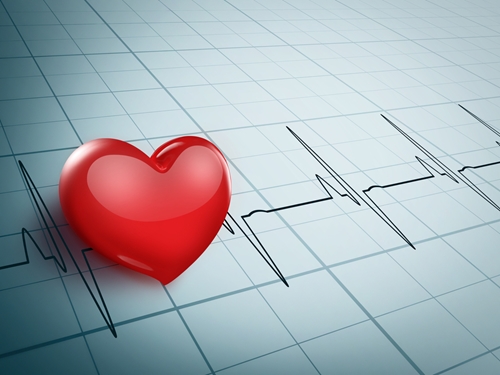Performance horses need strong, healthy hearts to pump nutrient-rich blood to their muscles and organs as efficiently as possible. According to Horse Channel, the average horse heart weighs seven to nine pounds. Some horses, such as Secretariat, contain a genetic marker that produces exceptionally large hearts – the famous Triple Crown winner’s was supposedly 22 pounds. When at rest, a healthy horse heart beats about 40 times per minute.
“Circulatory system diseases are the third leading cause of performance issues.”
Horses rarely have heart attacks or suffer hardened arteries, but they are at risk for certain heart-related conditions. In fact, Robert Gilmour, a Cornell University veterinarian, told TheHorse.com circulatory system diseases are the third leading cause of performance issues, falling behind musculoskeletal disorders and respiratory issues.
Diagnosing heart problems
Horses with heart or circulatory issues fatigue easily and need more time to recover after exercise. They often have difficulty breathing and may suffer a loss of condition. Fluid buildup around the ribs, legs or abdomen is another symptom of poor heart health.
To diagnose these problems, your veterinarian will use a stethoscope to listen to the animal’s heart rate, rhythm and sound. A procedure known as an echocardiograph uses an ultrasound machine to provide a visual representation of your horse’s heart. Veterinarians use this to determine the size of the organ, spot any abnormal growth or swelling, check for excess fluid, observe the thickness of the heart’s walls and check how well the valves are working. An electrocardiograph, on the other hand, measures the heart’s electrical activity.
One of the most common heart issues in horses is leaky valve disease. As the horse grows older, its mitral valve – the one separating the left ventricle from the left atrium – starts to deteriorate. This impairs its ability to move blood between the heart’s chambers, resulting in a murmur.
Irregular heartbeats are also a common issue, particularly atrial fibrillation. Abnormal electrical pulses cause the heart’s upper chambers to beat up to 400 times per minute, preventing blood from properly entering the lower chambers. This is generally only an issue in performance horses – in fact, pleasure horse owners usually discover the condition accidentally as part of a routine checkup. Equines with atrial fibrillation can still be ridden but won’t perform as well as they used to.
Owners concerned about their horse’s heart health can provide equine supplements like Finish Line’s Iron Power, which supports healthy blood cell counts.









